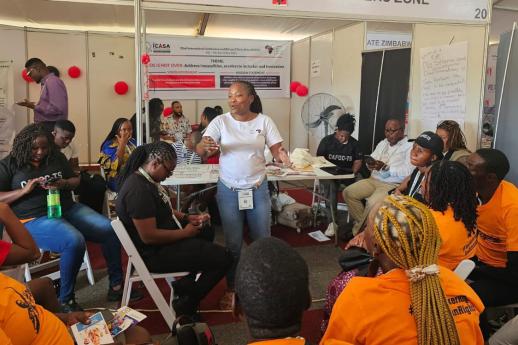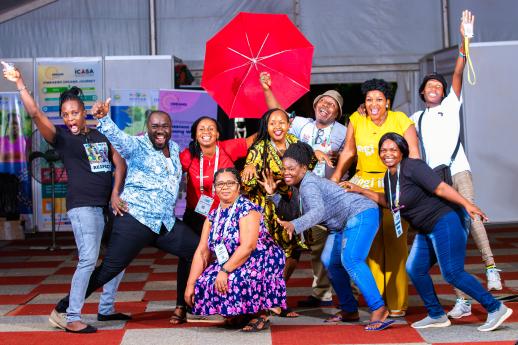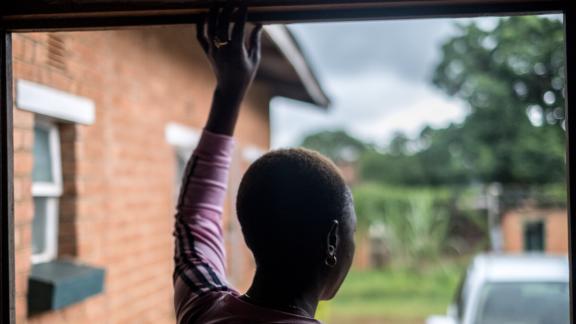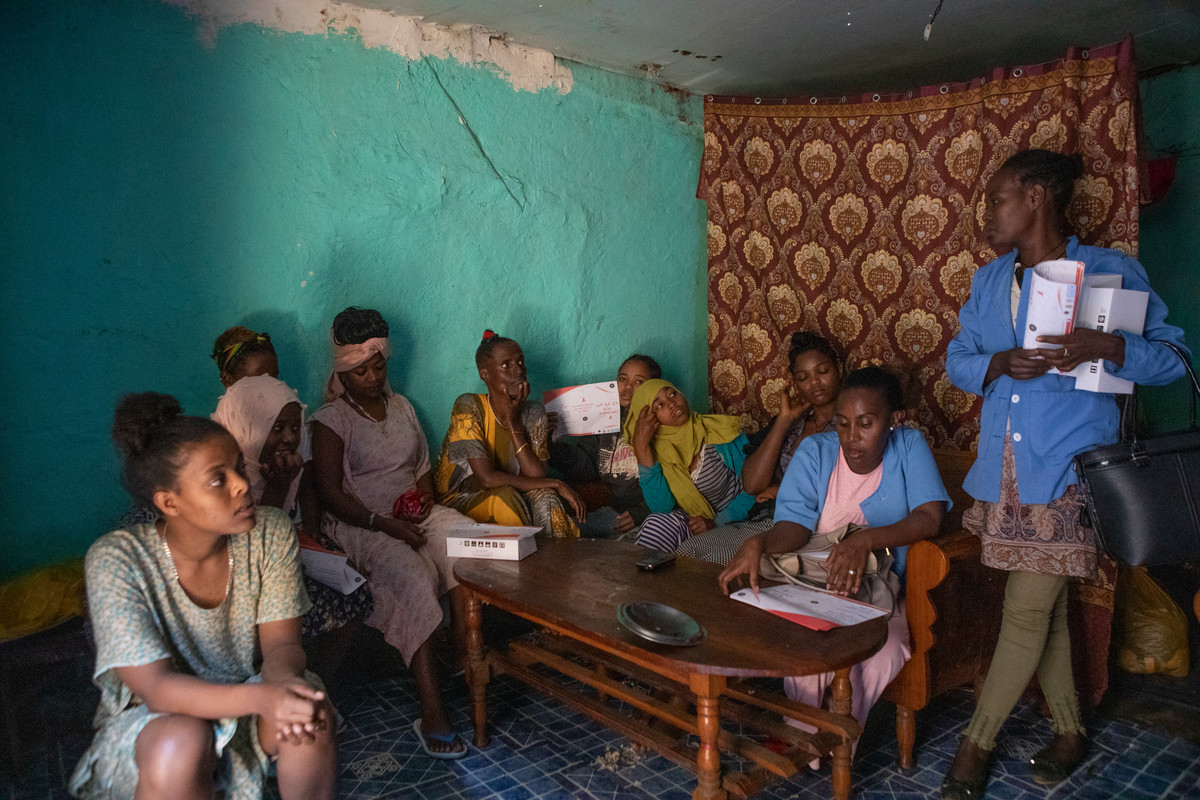Inhuman, barbaric, and brutal are the words that can be used to explain the recent findings of the Aidsfonds international report documenting a staggering 2,466 human rights abuses against sex workers in Southern Africa between December 2022 and November 2023.
These numbers are not just mere statistics but a revelation of the grim reality of the harrowing stories of fundamental human rights abuses that sex workers endure on a daily basis across Africa.
We stand at a crucial juncture as the report not only exposes the magnitude, but also underscores the urgent need for change to protect African sex workers and their human rights.
Each of the 2,466 human rights abuses documented represents a human being demanding for their rights and sadly narrates a tale of resilience in the face of adversity and a call for recognition and justice.
We must collectively demand accountability, challenge stereotypes, and work towards dismantling the barriers that propagate violence against sex workers in Africa, and all over the world.
Understanding the degree of these violations is a critical step toward informed advocacy and targeted structural interventions towards addressing and eliminating cases of violence meted on sex workers.
when
Subject
Sex Workers

We must collectively work towards dismantling the barriers that propagate violence against sex workers in Africa.
ASWAA recent United Nations working group on discrimination against women and girls report called for the full decriminalization of voluntary adult sex work globally, and Africa is not an exception as discrimination has been shown to improve the working conditions and rights of sex workers.
The UN report noted that; “Stigmatization and discrimination also need to be tackled through sustained and comprehensive strategies elaborated with all concerned national stakeholders, and appropriate measures should be taken to eliminate all forms of gender-based discrimination, violence, and exploitation. It is also important to ensure that sex workers have access to information and education on their human rights.”
Let us not only reflect on the plight of sex workers but also channel our collective energy into tangible actions. It is time to amplify sex workers' voices, challenge societal norms, and advocate for policy changes that protect the rights of every individual, regardless of their occupation.
The International Planned Parenthood Federation (IPPF) policy on Sex Work, which the African Sex Workers Alliance (ASWA) was involved in the development, clearly stipulates it is essential that comprehensive, cross-sectoral efforts to dismantle unequal power structures in legal, political, and social institutions accompany decriminalization of sex work.
The policy adds that; “Recognizing sex work as work is essential to respecting, protecting and fulfilling the human right to work of sex workers, including free choice of work or employment and entitlement to labor rights, benefits, and protections that all other workers should receive.”
Let the year 2024 be a catalyst for renewed assurance and a beacon of hope for a future where dignity, respect, and justice will prevail for all.
Banner credits: IPPF/Tommy Trenchard/Malawi

It is time to amplify sex workers' voices, challenge societal norms, and advocate for policy changes.
ASWA









